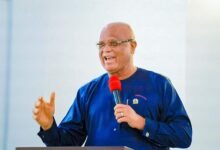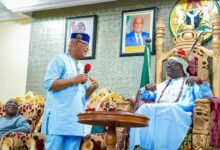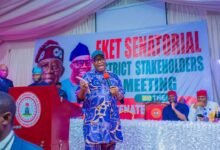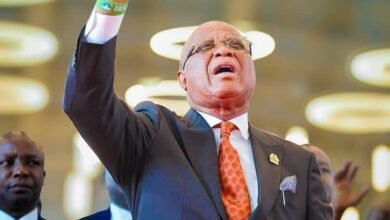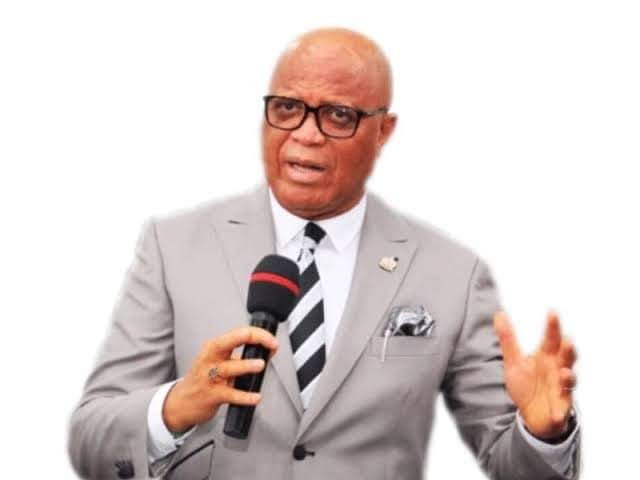
Akwa Ibom State’s Vision for Socio-Economic Development and Collaboration with World Bank.
The Evangelist News edition, Sunday August 6, 2023. By Mary Emmanuel
The Governor of Akwa Ibom State, pastor Umo Eno, has reassured the World Bank of his administration’s superior vision to continue implementing programs that directly impact the socio-economic development of the people of Akwa Ibom. The assurance was given during a courtesy call by the World Bank task team on NG-CARES at the Government House in Uyo.
Led by Professor Folusho Okunmadewa, the World Bank task team, accompanied by Commissioner of Economic Development, Mr. Emem Bob, and other members of the Akwa Ibom State Executive Council, engaged in fruitful discussions with Governor Eno. Represented by Deputy Governor, Senator Akon Eyakenyi, Eno expressed profound appreciation to the World Bank for its impactful programs executed across the country, with particular relevance to Akwa Ibom State.
Governor Eno acknowledged the Bank’s financial support for not only the NG-Cares program but also other infrastructure development programs in the state. He commended the apex bank for its timely introduction of the NG-CARES program in response to the COVID-19 pandemic, providing much-needed assistance to the less privileged and vulnerable populations.
Addressing concerns raised by the Bank that Akwa Ibom did not continue to access the funds after its initial involvement, Governor Eno assured the task team that the state was consistently at the forefront of implementing World Bank projects and would continue collaborating with the Bank to ensure the maximum benefit to the people.
With several inherited programs from the World Bank, Governor Eno’s administration is committed to scaling up Akwa Ibom’s participation in the Bank’s initiatives, which hold the potential to promote socio-economic well-being.
“The good thing is that the present administration is here with a super vision,” Eno stated passionately. Unlike some administrations that start from scratch and disregard the good initiatives of their predecessors, the current leadership is determined to build upon past successes, rectify any shortcomings, and connect the dots for sustained progress. Governor Eno emphasized the importance of a well-informed approach, having personally inspected infrastructure projects to ensure their seamless continuity.
The Governor’s position to continue with the programs of the previous administration exemplifies the state government’s acceptance of the World Bank’s projects. Governor Eno affirmed that any areas requiring improvements would be diligently addressed.
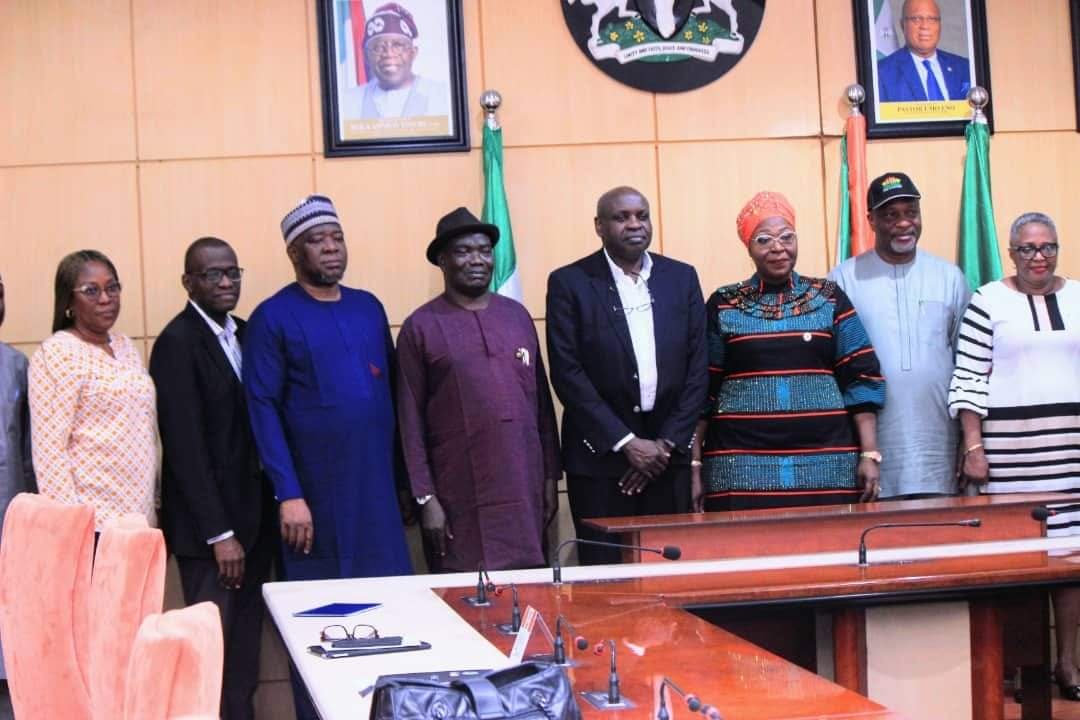
Eno urged the Bank not to lose confidence in the government’s ability to execute projects effectively, expressing the need for encouragement, support, and backup for Akwa Ibom’s endeavors. He also assured the Bank that the Akwa Ibom State Agency for Community and Social Development would be repositioned to efficiently fulfill its implementation role.
To tackle poverty among youths, support small business growth, and uplift the vulnerable, Governor Eno highlighted the ARISE Agenda program, encompassing agriculture, rural development, security, entrepreneurship, and education. This comprehensive agenda aims to create opportunities for personal development and sustainable livelihoods.
Professor Okunmadewa, leading the task team, emphasized the NG-CARES program’s objective, which directly supports state governments in improving the livelihoods of the poor and vulnerable, especially in light of the COVID-19 pandemic. The program targets consumption, basic services, food security, and local economies, including nano, micro, and small-scale enterprises.
The World Bank program is designed to assist the state government in expanding activities to uplift the poor and vulnerable and overcome shocks like COVID-19, currency changes, and fuel subsidy removal. It provides a budget support pass to agencies of the states responsible for implementing activities in 11 intervention areas.
Despite initial financial support, the World Bank expressed concern about the state’s inability to fund the second phase of the AK-CARES program adequately. Professor Okunmadewa shared that Akwa Ibom had an allocation of $20M but had received less than $3M, leaving over $17M yet to be accessed. The program has been extended until June 2024, urging the state to mobilize its resources for access.
In conclusion, the collaboration between Akwa Ibom State and the World Bank reflects a shared vision for sustainable socio-economic development. With the assurance of a forward-thinking administration and a commitment to building upon previous successes, the people of Akwa Ibom can anticipate a brighter and prosperous future ahead


